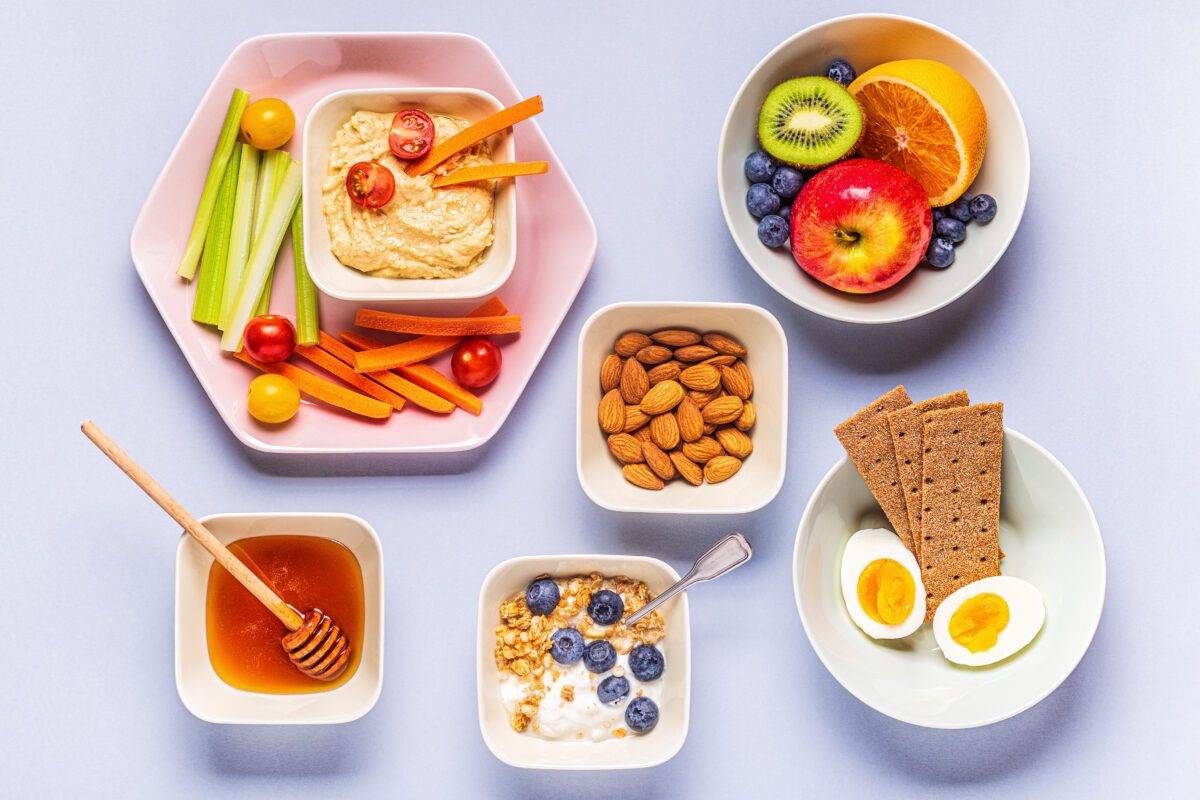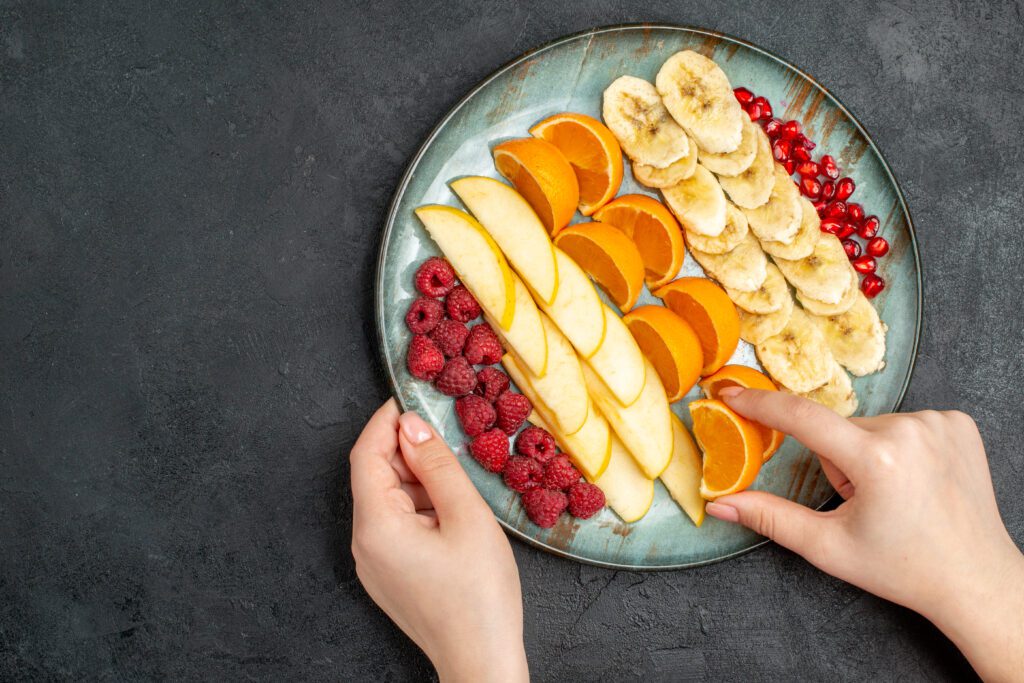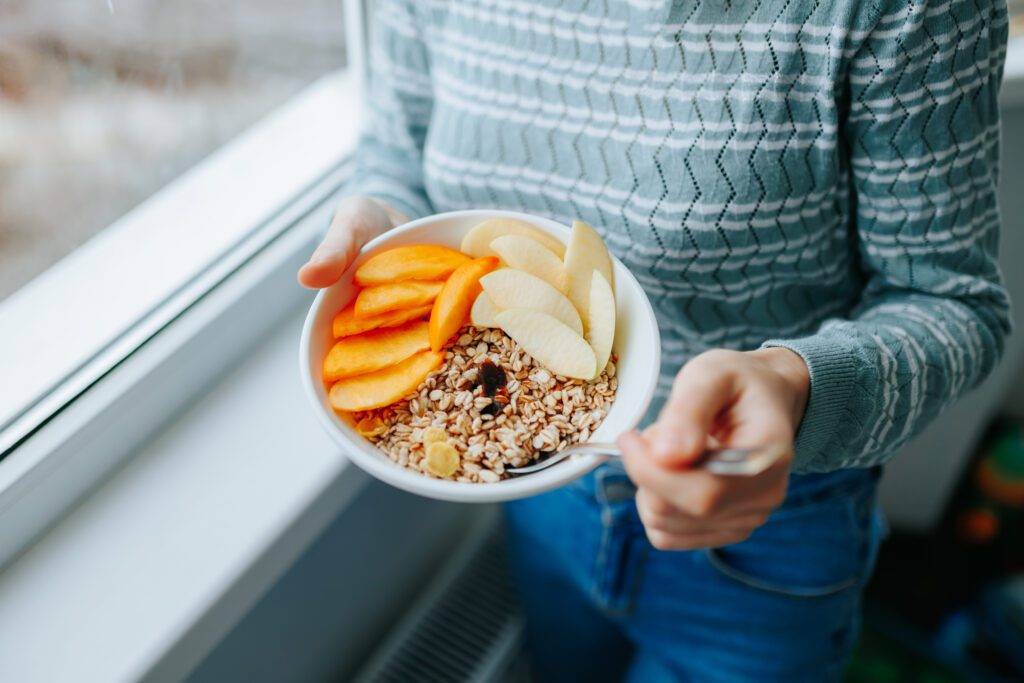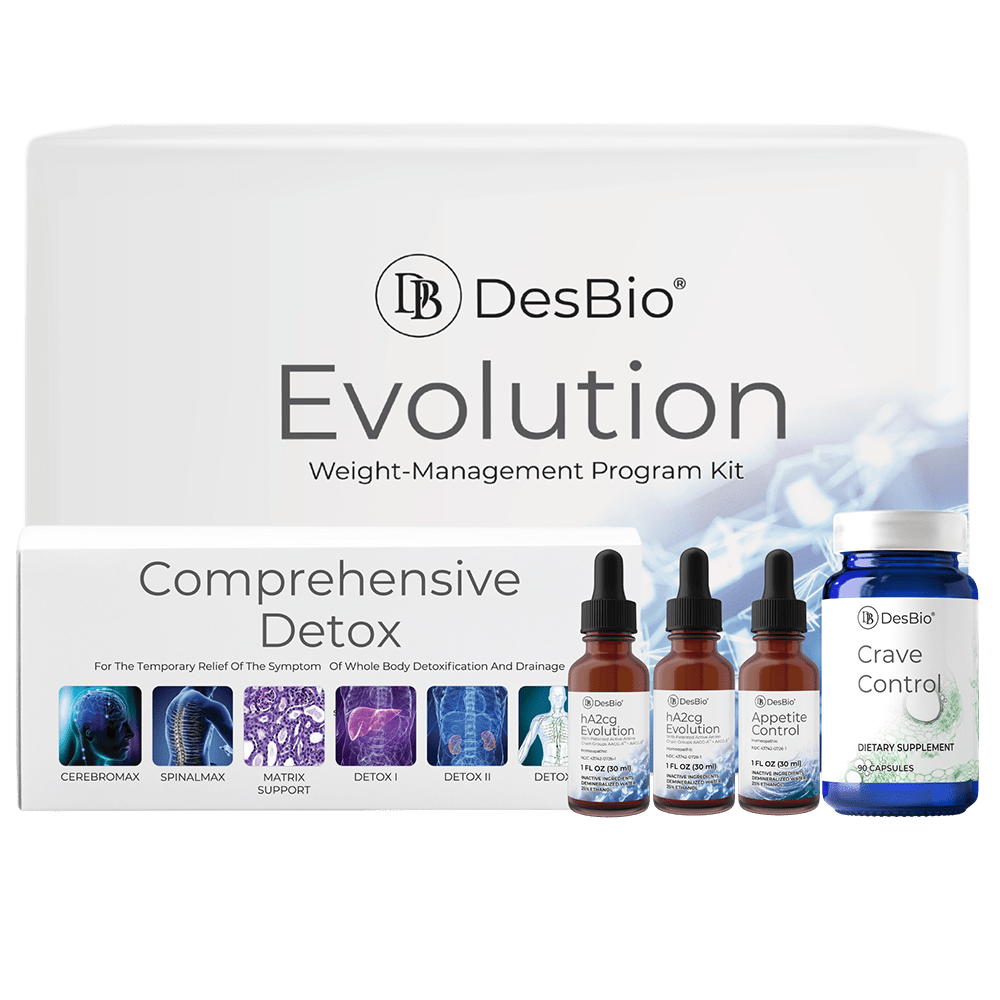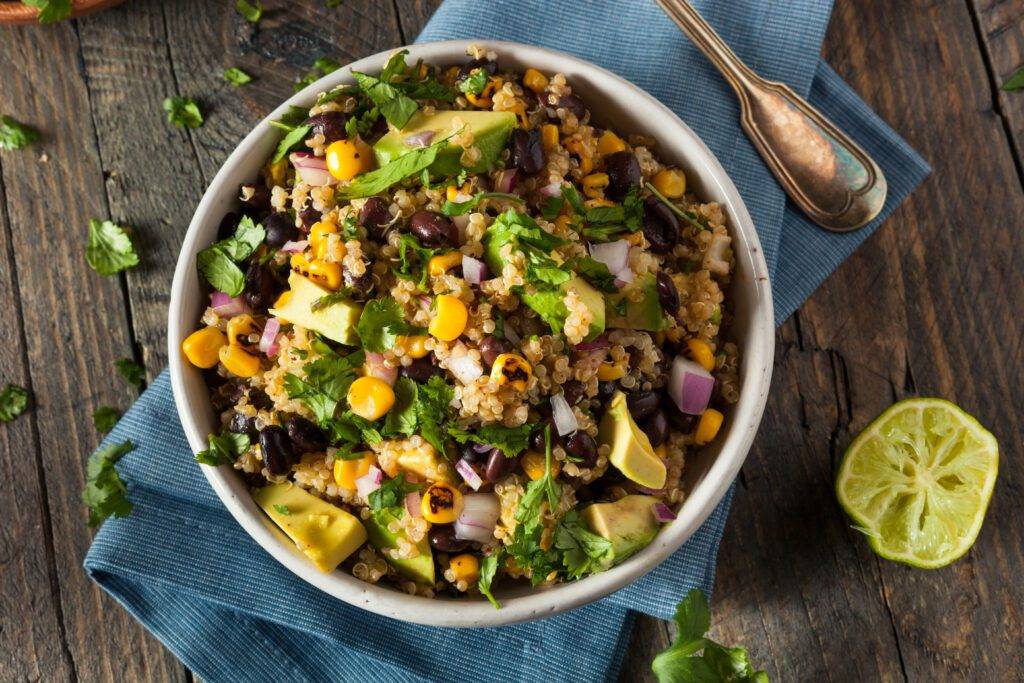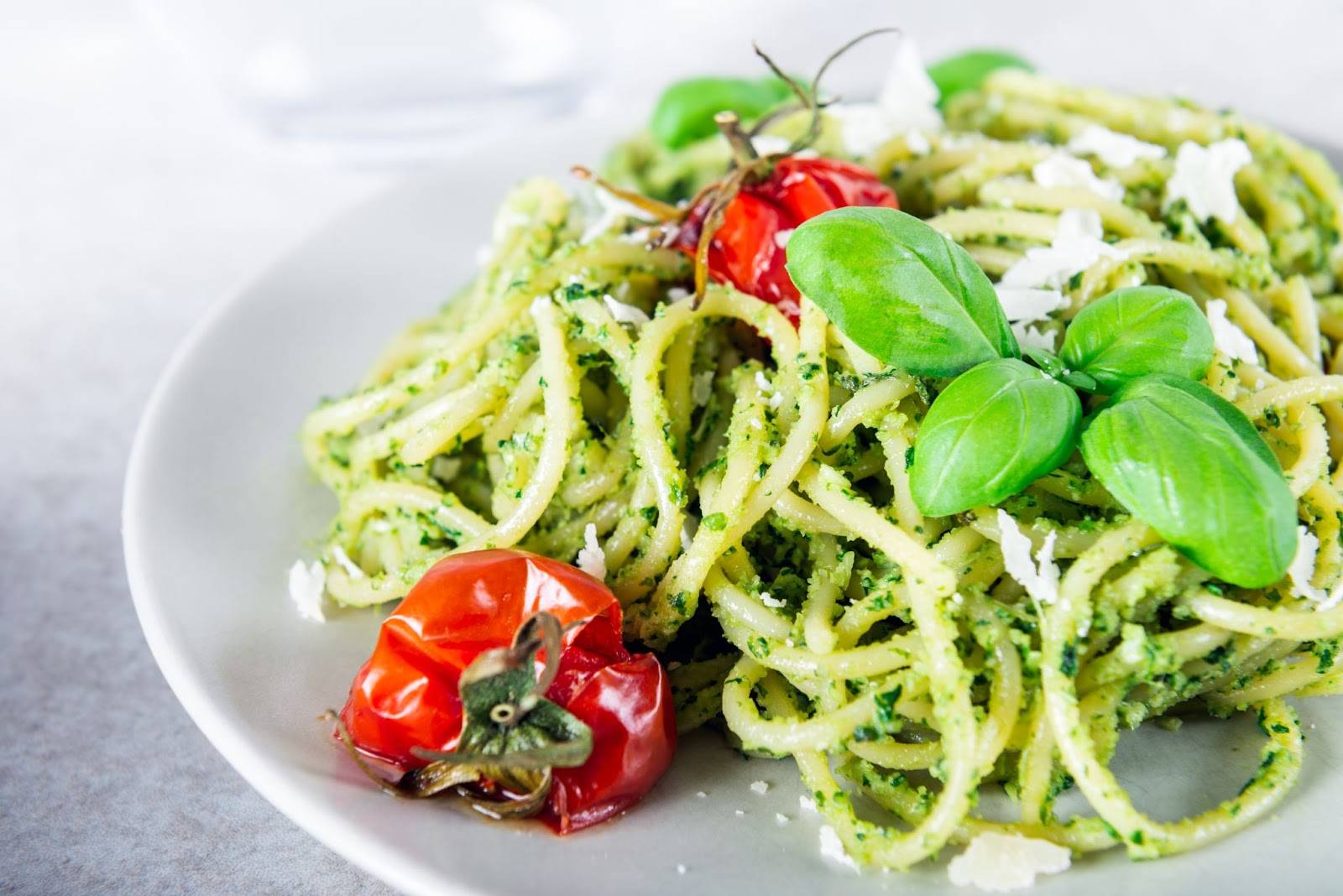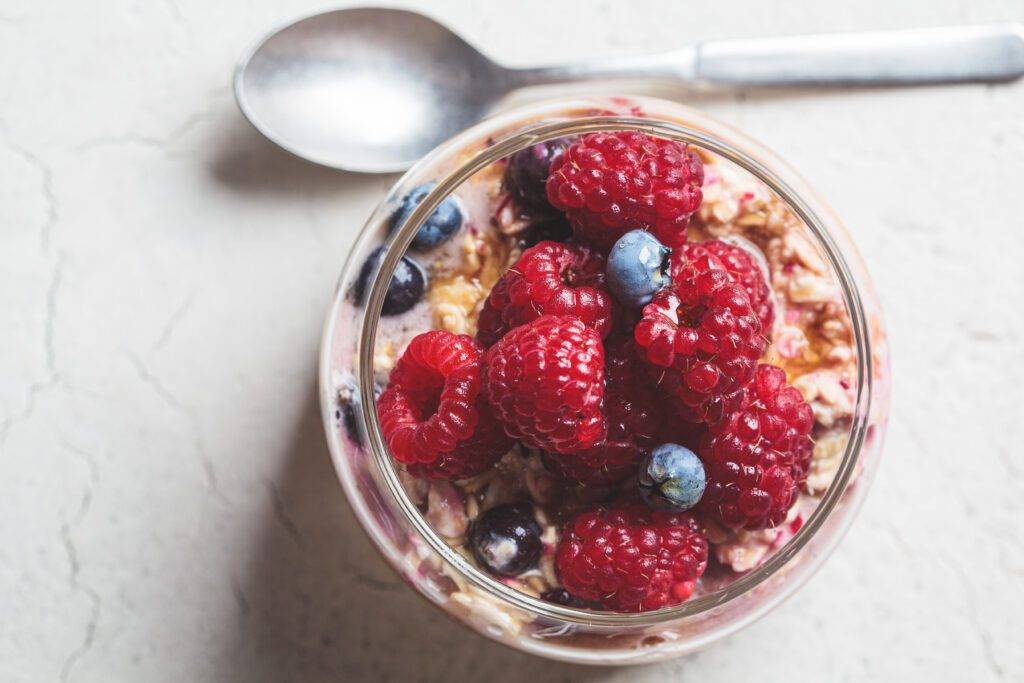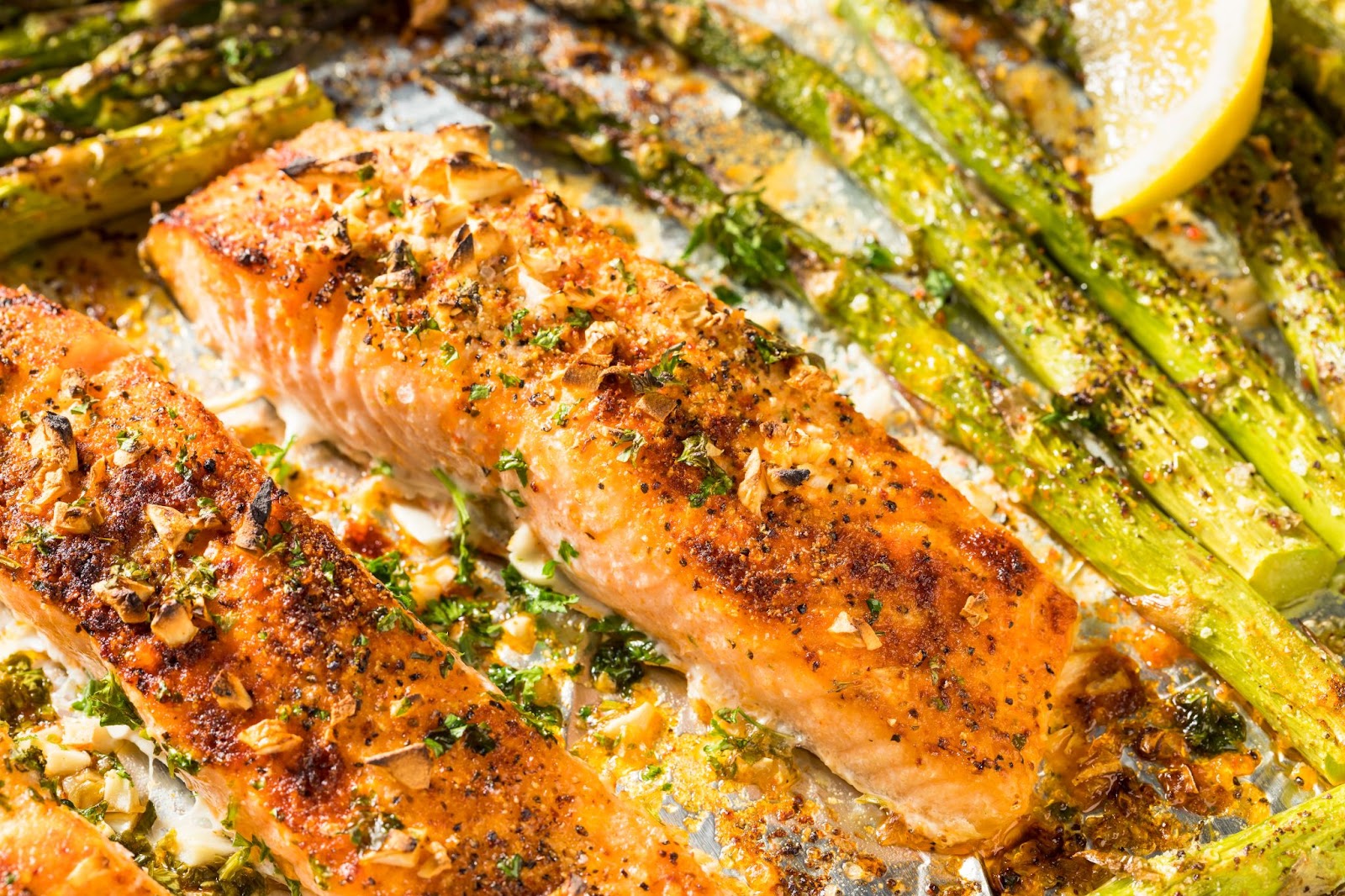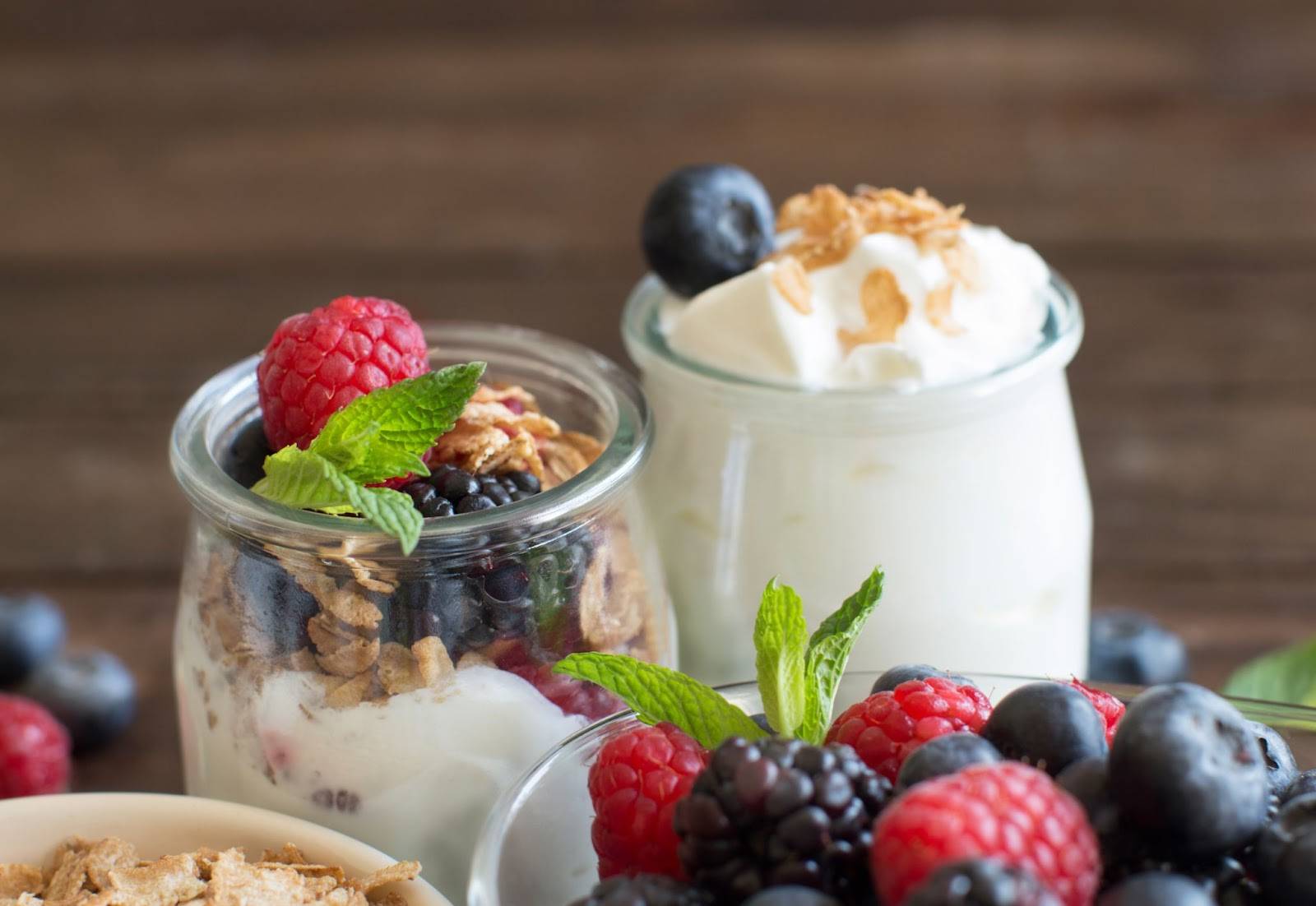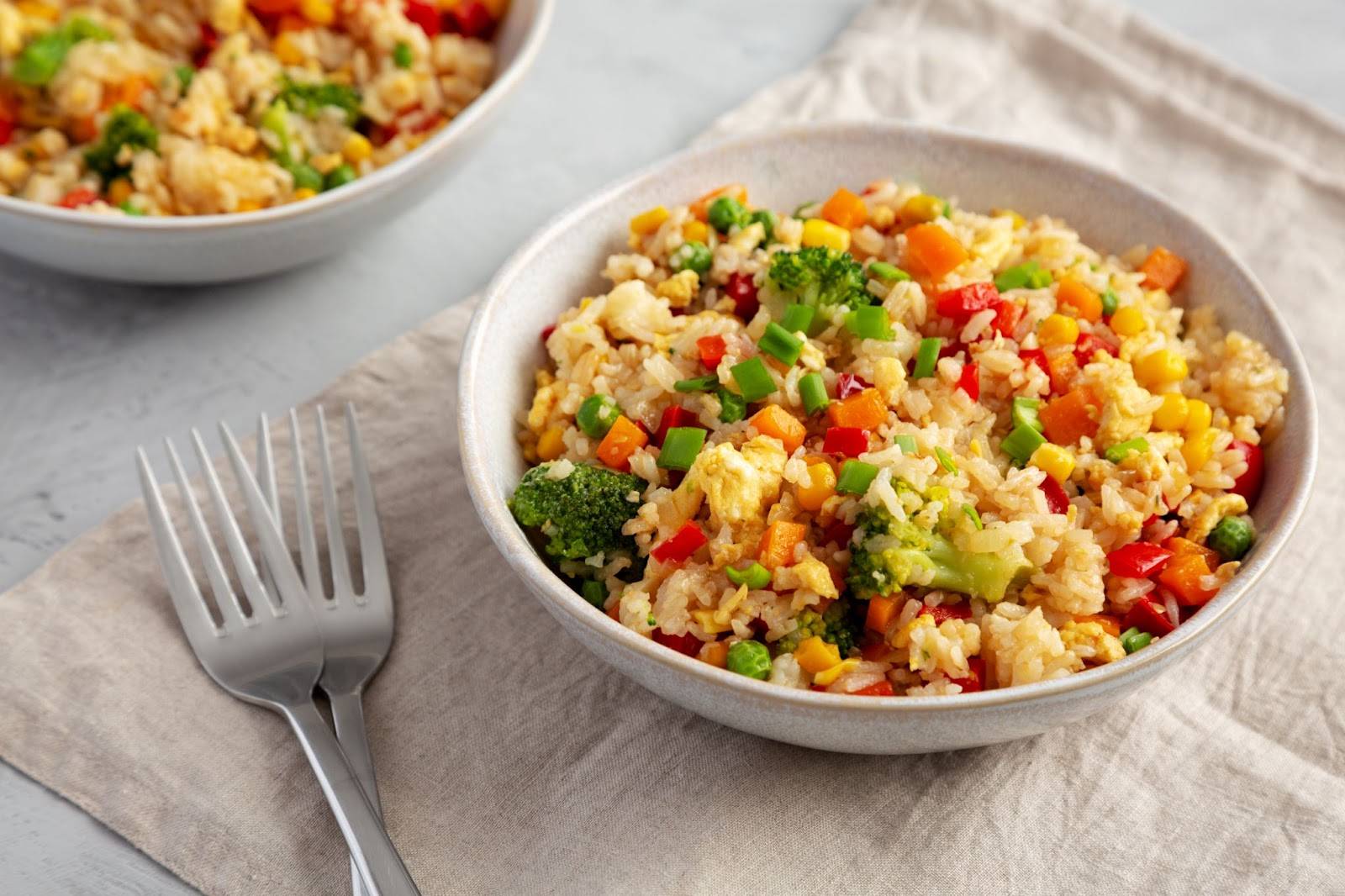When it comes to losing fat, many people focus on shedding pounds from their belly, arms, or thighs, but what about the face? The most important feature to cash and the thing that comes into notice at first is the face.
Meanwhile, the excess fat on your face makes you look heavier than you actually are; achieving a slimmer, more defined, and rejuvenated face is a common aspiration.
If you’re wondering how to lose fat on the face while not compromising on overall health, you’re in the right place.In this well researched piece , we’ll explore practical tips to help you achieve a more sculpted face.

What is Fat Face?
Face fat is the development of fat tissue on the face, which causes a rounder and fuller face appearance. But even if you may want to treat a localized area, one must remember that you cannot target a localized area for fat when considering weight loss.
WHY DO WE HAVE FAT ON THE FACE?
Often, when someone thinks of weight loss so that they could get into shape, it is often because his/her face is constantly flagged. After all, the face is the first thing that comes to their eyes when looking into a mirror, and excess weight can often be very conspicuous. It is therefore quite understandable to want to lose weight from the face first. But, first it is important to learn: Why do we have fat on the face?
As the weight loss journey and normal life, differ from person to person. Likewise, weight gain affects different areas of the body in various ways, and for some people, the face is one of the first places where weight gain becomes noticeable. Here are several reasons why this might happen:
- Fat Distribution: Genetics play a significant role in how and where your body stores fat. Some individuals are predisposed to store more fat in their face, leading to a fuller appearance when they gain weight.
- Subcutaneous Fat: The face has a layer of subcutaneous fat that can increase with overall weight gain. This fat can accumulate in areas like the cheeks, chin, and forehead, making the face appear rounder.
- Water Retention: Weight gain can also be associated with increased water retention, which can cause puffiness, particularly in the face. Factors such as salt intake, hormonal changes, and dehydration can contribute to this.
- Aging: As people age, they naturally lose collagen and elasticity in their skin, which can make the accumulation of fat in the face more noticeable.
- Lifestyle Factors: Diet, hydration, sleep, and exercise habits can all influence where weight is gained. Poor diet and lack of exercise can lead to overall weight gain, which may disproportionately affect the face.
Science Behind Facial Weight Loss

After understanding the reasons “why do we have fat on our faces?” it naturally comes in: What is the solution for fat loss?. Actually, scientifically targeting a specific area or body part for fat loss is known as spot reduction.
Even though the fitness industry chimes with many claims to specifically slim down the face, there is very little to substantiate the very concept of spot reduction.
Chances are good that that’s due to fat cells storing all over the body and being able to be broken down and therefore used by the body for fuel during exercise. The body can draw fat from anywhere, some part of which isn’t even the area under training.
Overall, fat loss would be the most optimal approach for an individual planning to shed facial fat sustainably.
Ways That Potentially Help To Lose Fat On The Face
If you are reading still now , definitely you want to lose some body fat from your checks, necks, and even your chin.
While it might seem daunting to target this area specifically, adopting a holistic approach that includes diet modifications, regular exercise, and facial exercises can lead to noticeable improvements.
1. Drink more Water
Hydration can be useful for health in general. In particular, it is useful in reducing facial fat.
According to a 2016 review of hydration and water loss, drinking water promotes lipolysis. The lipolysis occurs when the body breaks down fat stores into fatty acids that it can use as energy.
Also, drinking water really causes satiety, hence reducing the consumption of calories naturally—an important feature in losing weight.
Facial fat attributed to weight can be decreased with weight loss, and proper water intake assists with this weight loss.
2. Balanced Diet
Diets rich in processed foods, such as refined carbohydrates, may increase the risk of weight gain and obesity.
Processed foods are more likely to be higher in calories, salt, and sugar when compared with whole foods. Refined carbohydrates are a very processed group of grain-based foods. Upon processing, these foods lose fiber and nutrients. They are empty calories.
Refined carbohydrates can also cause quick spikes in blood sugar, which may again prompt a person to overeat.
Some examples of refined carbohydrate foods are:
- Pasta
- White rice
- White bread
- Sugar
- Syrups and frostings
- Most breakfast cereals
- Less fat products
For those ready to trade overly processed foods and refined carbohydrates for fresher alternatives, finding reasonably convenient substitutes is often not terribly difficult. By eating fresh, whole foods, a person could trim caloric intake and increase nutrient consumption. Paired with exercise, this kind of diet may allow people to lose excess fat in the face and body.
3. Do Cardio
Cardio or aerobics is any exercise that increases your heart rate.
A study conducted in 60 women in 2023 explored the effects of 12 weeks of aerobic exercise on body composition.
Women participated in the aerobic training program and reported lost body fat by increasing lean muscle mass, reducing body weight, and shrinking waist circumference after 12 weeks.
Research from 2022 suggests that aerobic exercise is even more effective when combined with resistance training and a healthy diet.
The Centers for Disease Control and Prevention recommend at least 150 minutes of moderate-intensity aerobic activity per week and two days of resistance training.
A few common examples of aerobic exercise include:
- Running
- Dancing
- Walking
- swimming
4. Do facial exercises
Cosmetic face yoga can be employed to tone facial muscles, which may diminish the effect of fat depositions around the face, aside from defining facial features and restoring elasticity and firmness to the muscles, thereby giving one a vibrant and youthful appearance.
Types of Facial Exercises:
A study (Alam et al., 2018) published in JAMA Dermatology found that performing facial exercises for 30 minutes daily over 20 weeks improved facial muscle thickness and reduced signs of aging.These are some of the effective facial exercises you may incorporate into your daily life:
Different types of facial exercies that are effective in fat loss are as:
| Exercise | Instructions |
| Chin Lift | Tilt head backward toward the ceiling with pouting lips; hold for 15 seconds; repeat 10 times daily. The exercise works the muscles under your chin and helps you achieve a double chin, and tightens the neck muscles. |
| Lip Pull | Lift your lower lip upwards while moving your jawbone; hold for 15-20 seconds; repeat fifteen times daily. This helps in strengthening lip muscles and contribution to better mouth definition and looking slimmer around the mouth area. |
| Fish Lip | Suck in your cheeks and lips, creating a fish with a facade; hold this position for 15-20 seconds; repeat twenty times on a daily basis. This exercise builds the muscles in the cheeks, which reduces puffiness and gives the definition of cheekbones, making a sculpted shape in the face. |
Tips to Effectively Do Facial Exercises:
- Be Regular: Have an exercise routine that enables you to sense a variation over time.
- Be Patient: Ensure you’re doing each exercise correctly to effectively target the right muscle groups.
- Combine with Other Strategies: While facial exercises have a role in muscle toning, combining them with diet modifications and consistent cardio/strength training will boost all weight-loss endeavors to include facial fat loss.
Poor sleep increases cortisol levels in the body. These higher levels of cortisol promote fat storage, thereby potentially causing weight gain over time. Sleep deprivation changes the hormonal balance in your body, causing increased cravings for food and sugar. Quality sleep is vital for metabolism regulation, fat burning, and overall health.
5. Get enough sleep
Stick to a sleeping and waking schedule for 7-9 hours a night, and try to reduce screen time an hour before bed and create a restful sleeping environment. Also, engage in a few relaxation techniques, such as meditation or reading, to improve sleep quality, thus allowing your body to regain its strength and function optimally.
6. Cut back on refined carbs
In addition to a calorie deficit, it is really useful to cut back refined carbs like sugar. Sugar has been linked, in particular, to unwanted fat around the belly and coat the face. Opt for healthier alternatives such as stevia leaves to quench your sugar craving.
7. Avoid Poor Posture
Believe it or not, poor posture can significantly affect the appearance of your face. Slouching doesn’t just impact your back and neck—it can also lead to a double chin and a less defined jawline. When you slouch, the muscles in your neck and jaw relax, causing the skin and fat under your chin to sag.
Research supports the connection between posture and facial aesthetics. A 2017 study published in Physiotherapy Theory and Practice found that poor posture, particularly forward head posture (FHP), can alter the alignment of the neck and jaw muscles, leading to a less defined jawline and increased visibility of a double chin. Over time, this can create the appearance of a fuller face or a less sculpted jawline.
Additional Tips
In addition to a proper diet, exercise, and the practice of facial exercises, there are several other methods that may also help to decrease face fat and enhance facial aesthetics.
1. Limit Sodium Consumption
High sodium is infamous for water retention, leading to puffiness of the face. When the body detects high sodium levels, it retains excess water to dilute the salt concentrations in the blood. The result is puffiness and swelling, not only of the face but also of the other parts of the body: limbs and abdomen. To minimize sodium levels:
Read Labels: Check nutrition facts labels when buying food products. Go for items with less than 5% Daily Value (DV) of sodium.
Select Reduced-Sodium Options: Opt for reduced-sodium sauces and condiments so you could avoid excessive intakes while still enjoying high flavor.
2. Reduce Alcohol Consumption
Empty calories from alcohol contribute to weight gain. This leads to dehydration which in turn causes puffiness in the face. Alcohol induces fluid retention as it tends to act as a diuretic. When dealing with the initial stages of dehydration, alcohol might be able to promote increased fluid retention; instead, it merely leads to increased thirst, hence making a person drink more water later and not all of which could be processed effectively by the body, leading up to temporary fluid buildup in subcutaneous tissues and increasing puffiness, especially around the eyes & cheeks area. Therefore, reducing alcohol flame consumption will give greater hydration and reduce such effects over time.
Consider Professional Advice- Weight Loss Revolution
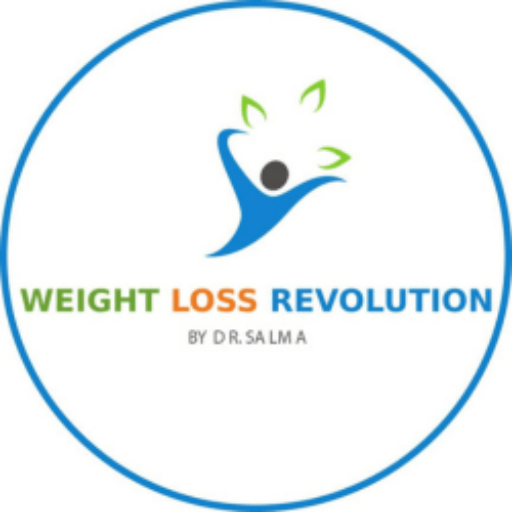
Weight Loss Revolution don’t let anyone down in the journey of weight loss revolution. So for those who are genetically predisposed to fat face or feeling difficult to lose fat face, just contact us for the professional treatments.
Bottom Line
In case you have read this piece, you have been informed that the scientific claims that cutting down calories, drinking enough water, doing facial exercises, and getting adequate sleep are effective in getting a slimmer face. Each person has a distinct shape and a set of features in the face; hence, one should find charm in every natural facet just as much as they should strive to learn how better to shape whatever they desire. Be consistent, patient, and set your sights on the goal—a slimmer, more confident you!
With these tips, you will not only reduce face fat, but also aid your health and wellness. Get started today, and you will see your face transform with your body!
Bibliography
- LifeMD. (n.d.). How to lose face fat. LifeMD. Retrieved from https://lifemd.com/learn/how-to-lose-face-fat
- Smith, A. et al. (2007). The Effect of Sodium Intake on Skin Hydration. Journal of Dermatological Science, 45(2), 78-84.
- Jones, B. (1995). Alcohol Consumption and Fluid Balance. American Journal of Nutrition, 62(5), 456-462.
- Link, R. (2018, December 18). 10 Effective Tips to Lose Fat in Your Face. Healthline. https://www.healthline.com/nutrition/lose-fat-in-face-cheeks#fiber
- Nichols, H. (2019, August 29). How to lose face fat. Medical News Today. https://www.medicalnewstoday.com/articles/326262#nutrition
- Nethmeds Team. (2022, November 22). 5 Incredible Ways To Get Rid Of Face Fat. Netmeds.com https://www.netmeds.com/health-library/post/5-incredible-ways-to-get-rid-of-face-fat?srsltid=AfmBOoqInKAhqZPEj5xzvcyWqn0LM8CJpB4fcmEEOmIWIDDor3-3BsKw
- Numan Team. (n.d.). How to Lose Weight in Your Face. Numan. Retrieved from https://www.numan.com/weight-loss/tips/lose-weight-in-your-face
- Juniper Team. (n.d.). How to lose face fat. Juniper. Retrieved from https://www.myjuniper.co.uk/articles/how-to-lose-face-fat
- Jeong, H. J., & Kim, Y. K. (2017). Effects of forward head posture on the myoelectric activity of neck muscles and respiratory function. Physiotherapy Theory and Practice, 33(7), 525-531.
- Juniper Team. (n.d.). How to lose face fat. Juniper. Retrieved from https://www.myjuniper.co.uk/articles/how-to-lose-face-fat
- Alam, M., Walter, A. J., Geisberger, E., Roongpisuthipong, W., Graf, J., Poon, E., … & Nguyen, J. K. (2018). Association of Facial Muscle Exercise With the Appearance of Aging. JAMA Dermatology, 154(12), 1447-1449. https://doi.org/10.1001/jamadermatol.2018.3478


